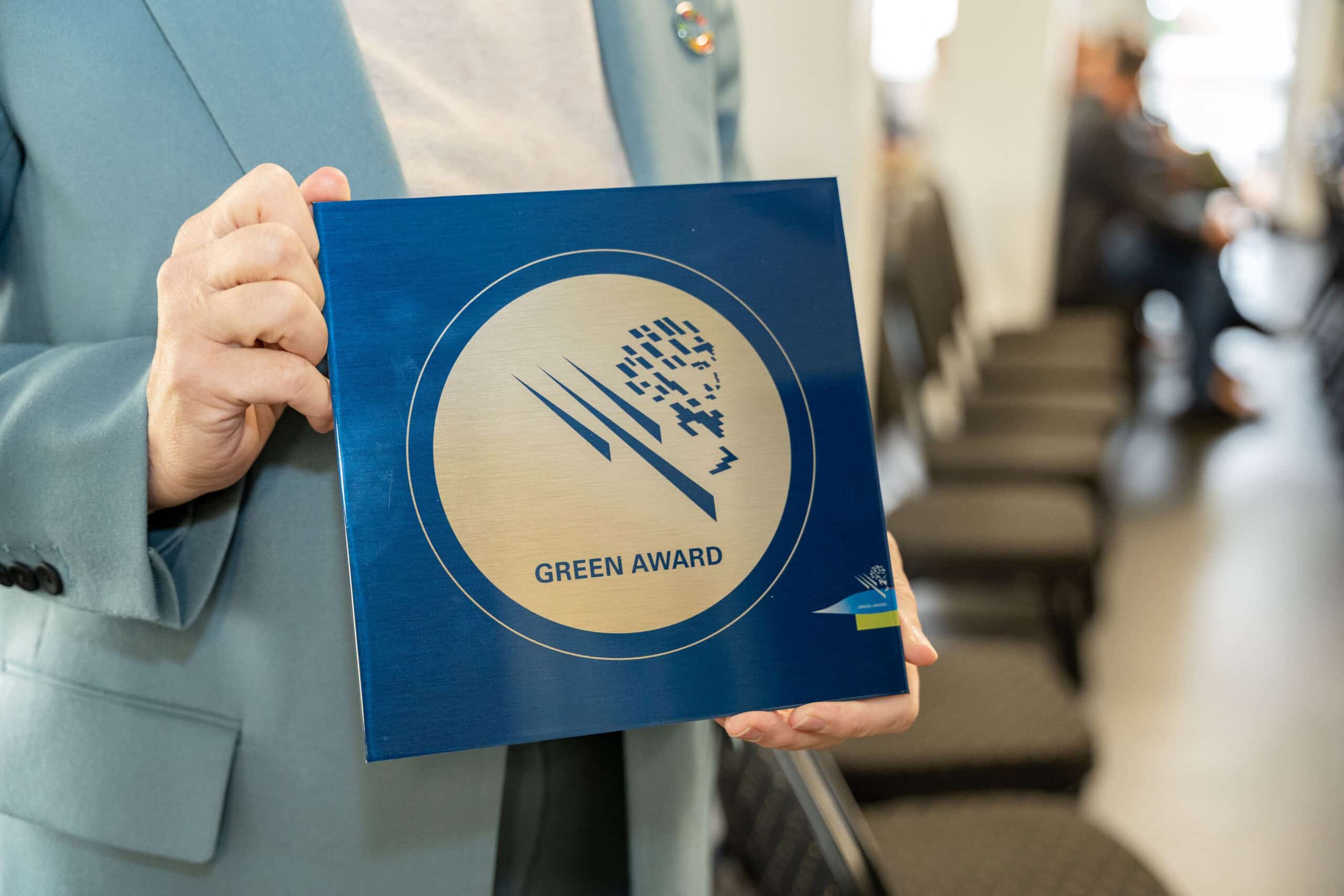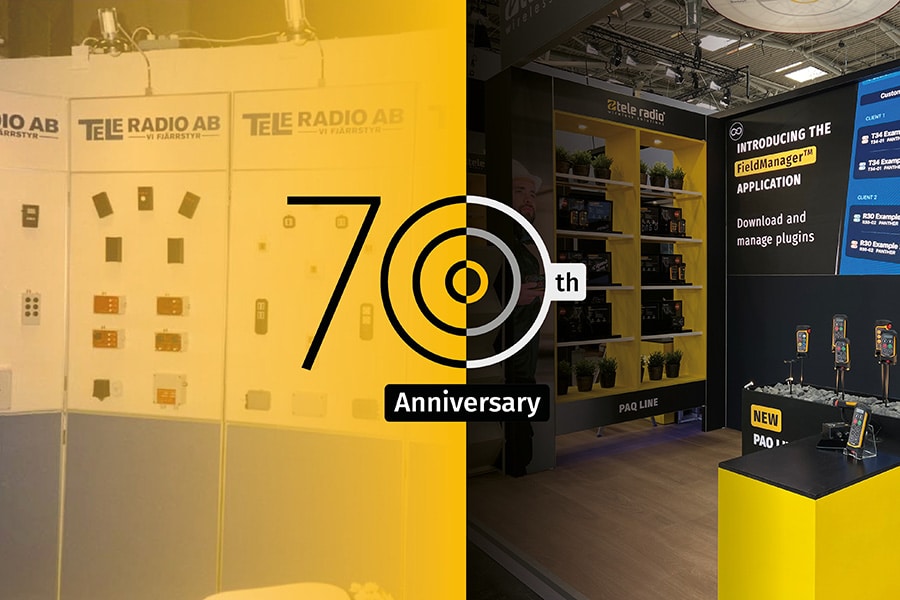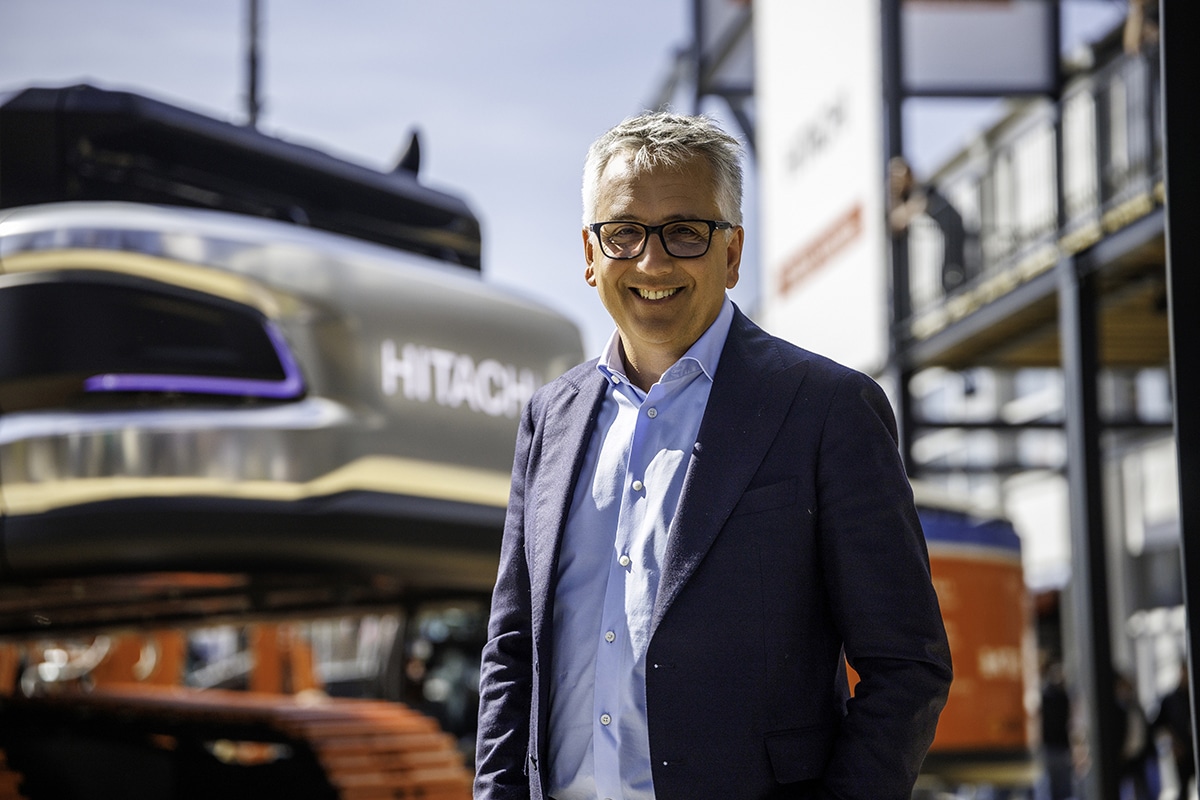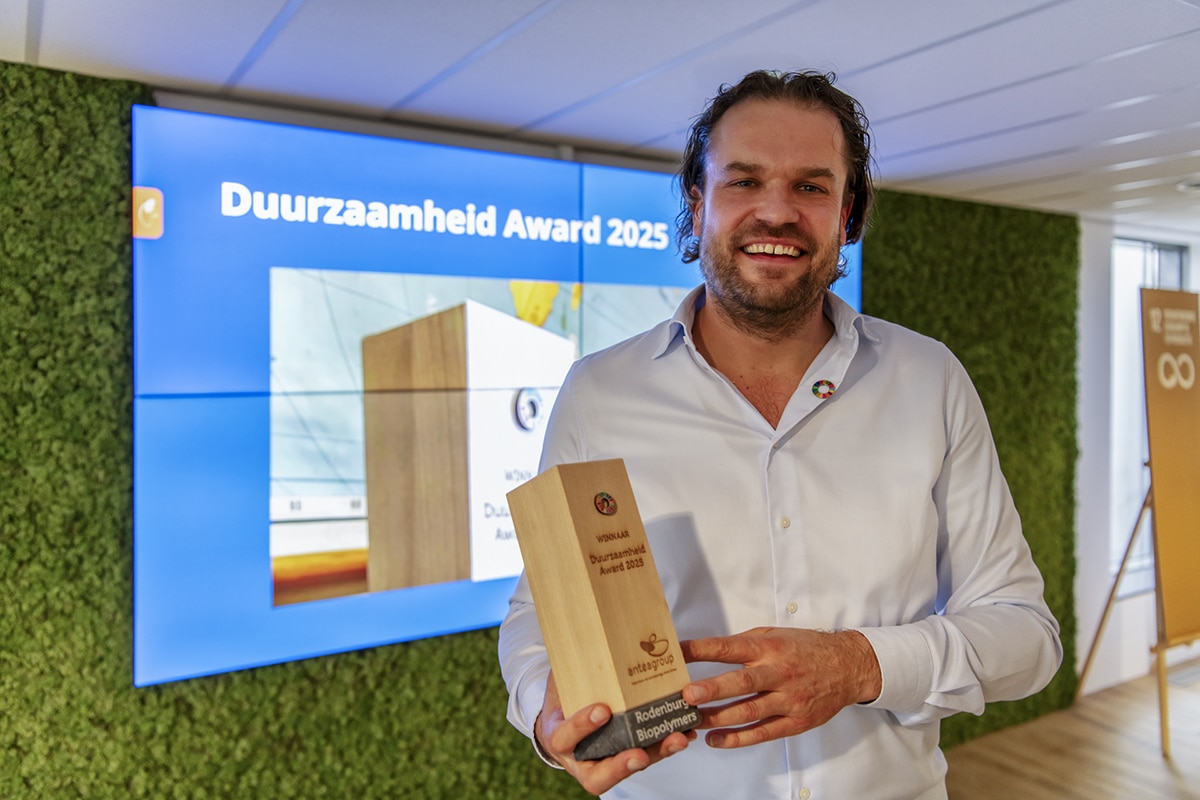
Underground piping systems: The highway for water, gas, oil and other products
We rarely dwell on it. Yet beneath the ground there is a transport world that is almost as intensive as the transport world above it. Through a network of pipelines - neatly concealed below ground level - large quantities of gases, liquids and raw materials flow safely from A to B. Specialists select the pipeline systems that are best suited for this purpose.

Many smart systems have been developed for the construction of underground pipe networks. A big name in this field is CCI Leidingsystemen, based in Klundert, with a sales office in Belgium. The company put itself on the map through "cementlining," a technique in which steel pipes are coated on the inside with a thin layer of concrete. The thin concrete lining makes the pipe suitable for transporting drinking, cooling and fire-fighting water in particular. In the meantime, CCI Leidingsystemen has considerably expanded its range of products and contractors, engineering firms, industrial companies and government agencies can also turn to it for pipeline systems in purely steel or GRP and special welding techniques.
Cementlining
"Cement is a natural product," says Jack Sweere, manager of Sales and Marketing at CCI. "That's what makes cement-lined steel pipes so suitable for transporting drinking, cooling and firefighting water. The thin cement layer protects the steel from corrosion, ensuring the quality of the water." Steel pipes with cementlining are supplied from Ø 80 to Ø 2500 mm. With bends, T- and Y-pieces, reducers and flanges, any desired run can be realized.
GRP piping systems
GRP pipe systems offer other advantages. For starters, this pipe is considerably lighter than its steel counterpart. That makes it suitable for less load-bearing soil types. "GRP pipe systems are also used for the transport and storage of cooling, waste and firefighting water. In addition, this material lends itself to the petrochemical industry," says Marcel Blaauw, Commercial Manager Netherlands. "This is because GRP is perfectly resistant to chemicals, it does not corrode and is easy to process." With diameters ranging from 300 to 4,000 mm, GRP piping systems offer a solution for virtually any liquid transport.

Only quality products
With the supply of pipelines, CCI Piping Systems operates in a niche market. The number of companies operating in the same industry in Europe is limited. Yet this is never a reason for the 40-year-old family business to sit back. It goes for quality in everything. Thus, not only are its pipes, raw materials and processes certified, but its employees also meet the highest attainable quality standards. The company has a fully equipped workshop for internal cementing, external coating and prefabrication of steel pipes and fittings. It also supplies pipes for kerosene and the capture of CO2.
Sweere: "Thanks to this ambitious attitude, but certainly also to its favorable geographic location - so close to the deep sea ports of Rotterdam and Antwerp - CCI Piping Systems can now count itself among the major global players in piping systems."



